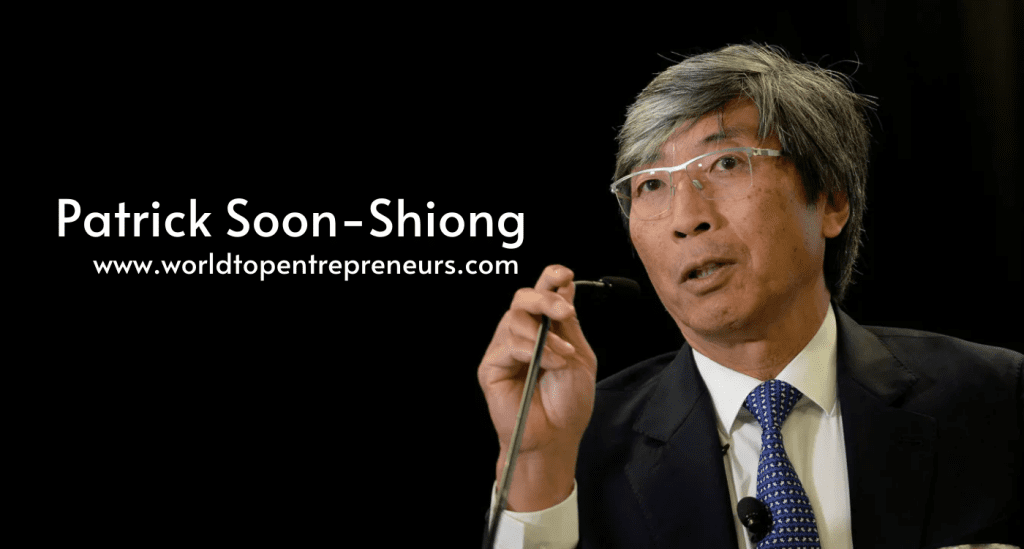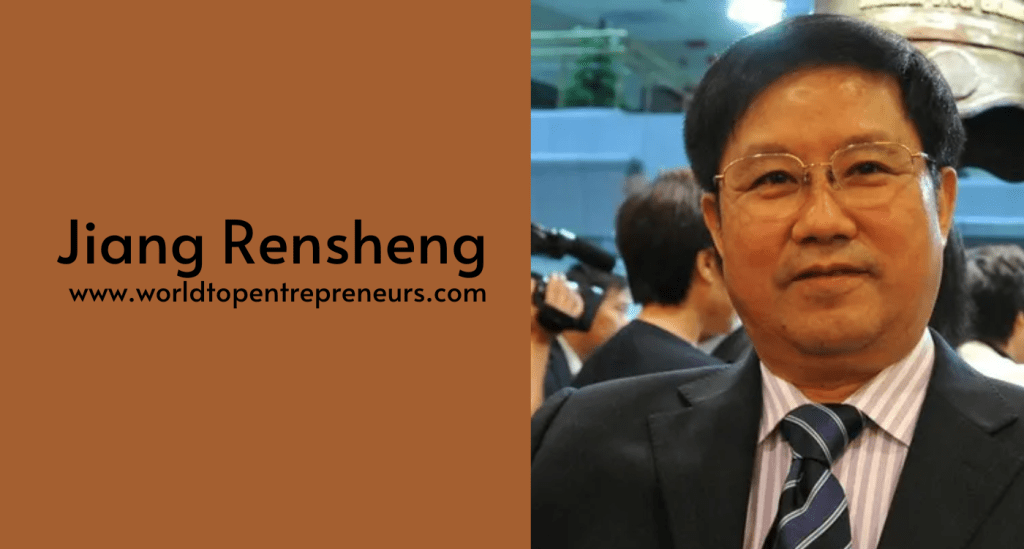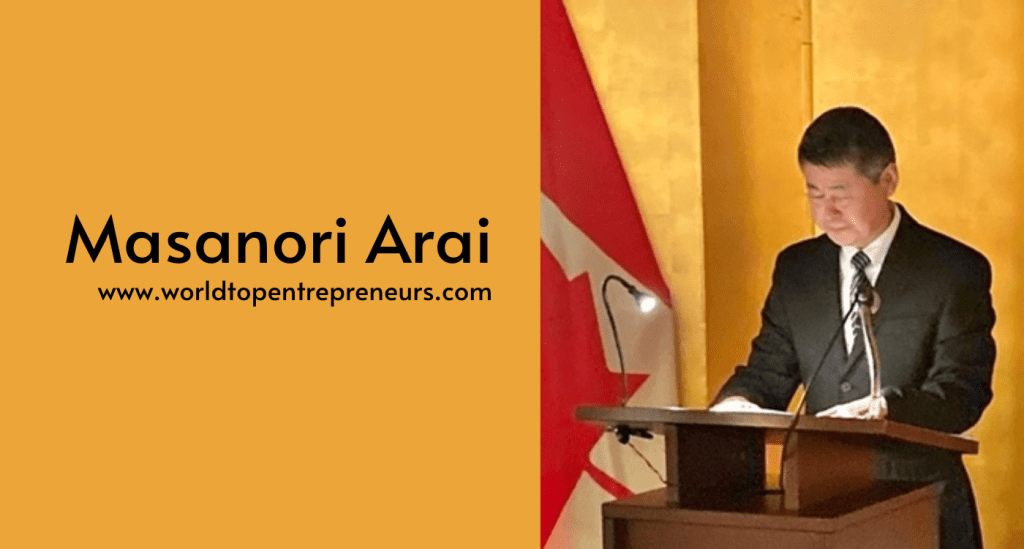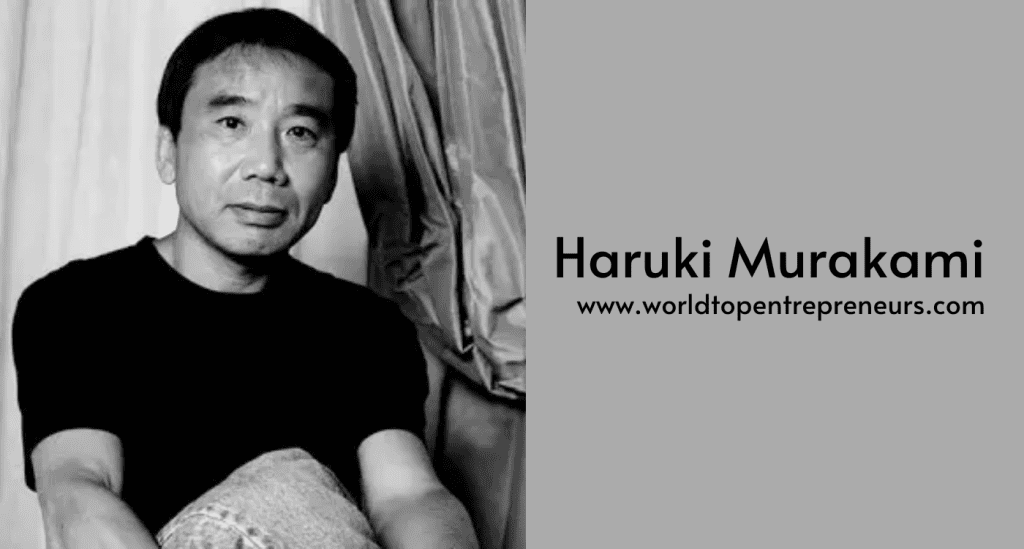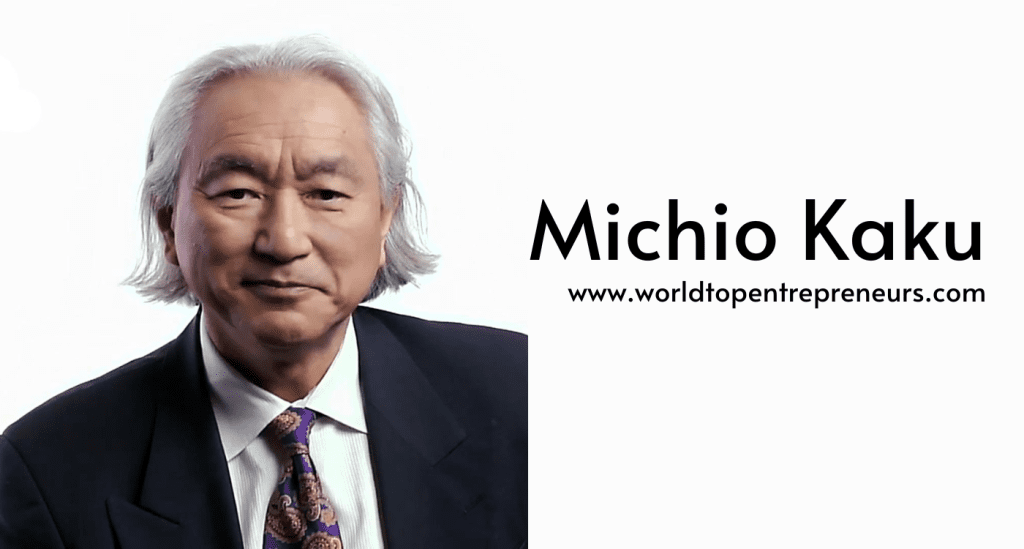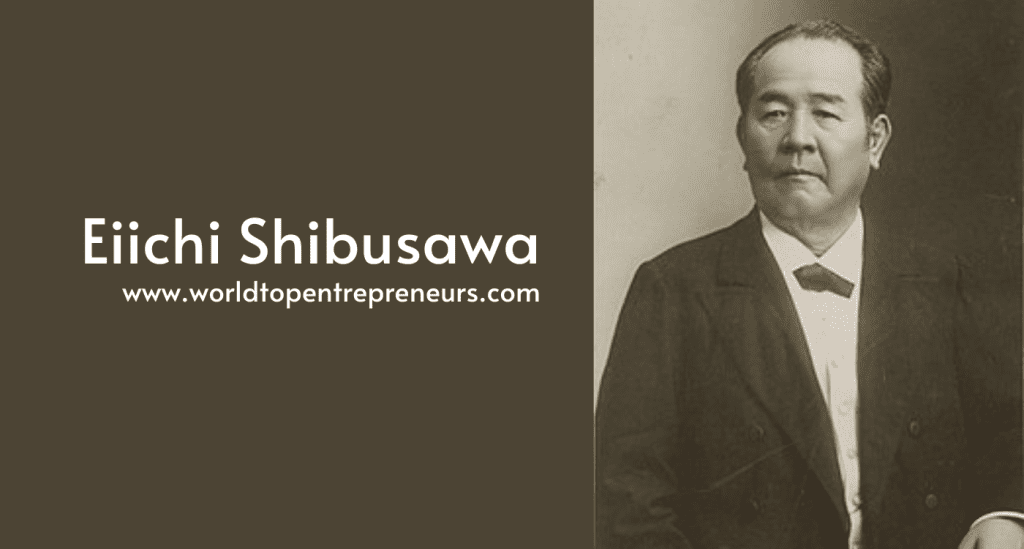University Innovator
In the realm of scientific research, few names resonate as powerfully as Shinya Yamanaka. Renowned for his groundbreaking work in stem cell research, Yamanaka has revolutionized our understanding of cellular biology and regenerative medicine. Although Kyoto University is a historic institution with many distinguished contributors, it’s crucial to clarify that Shinya Yamanaka is not the founder of Kyoto University but a prominent researcher affiliated with it. His remarkable contributions, however, have significantly impacted both the field of stem cell research and the global scientific community. This article delves into Yamanaka’s life, his revolutionary discoveries, and his profound influence on modern medicine.
Early Life and Education
Humble Beginnings
Shinya Yamanaka was born on September 4, 1962, in Osaka, Japan. Raised in a modest household, his early life was marked by an environment that nurtured curiosity and a strong work ethic. From a young age, Yamanaka exhibited an intense interest in science, which was further fueled by his academic pursuits.
Academic Pursuits
Yamanaka’s journey into the world of science began at Kobe University, where he pursued his undergraduate studies in medicine. His interest in the cellular mechanisms of disease and development led him to further his education in the field of medicine, culminating in a doctoral degree. During his early academic years, Yamanaka’s focus was primarily on the complex mechanisms of cell biology and genetics.
His doctoral research, conducted at Osaka University, provided him with a solid foundation in molecular biology. The skills and knowledge he gained during this period would later become instrumental in his pioneering work on stem cells.
Breakthrough Discoveries in Stem Cell Research
The Advent of Induced Pluripotent Stem Cells
Yamanaka’s most significant contribution to science came in 2006 when he and his team at Kyoto University made a groundbreaking discovery: the creation of induced pluripotent stem cells (iPSCs). This innovation was transformative for several reasons.
Before Yamanaka’s discovery, stem cell research was largely confined to the use of embryonic stem cells, which posed ethical and technical challenges. The ability to create iPSCs from adult cells marked a paradigm shift, providing a new and ethical approach to stem cell research.
Yamanaka’s team developed a method to reprogram somatic cells, such as skin cells, into a pluripotent state by introducing four specific genes (Oct4, Sox2, Klf4, and c-Myc). These iPSCs exhibited the ability to differentiate into various cell types, similar to embryonic stem cells, without the ethical concerns associated with the use of embryos.
This breakthrough opened new avenues for research in regenerative medicine, disease modeling, and drug development. The potential applications of iPSCs are vast, ranging from personalized medicine to the development of new treatments for previously incurable diseases.
The Impact on Regenerative Medicine
The implications of Yamanaka’s work extend beyond the laboratory. Induced pluripotent stem cells have the potential to revolutionize regenerative medicine by offering new possibilities for tissue repair and replacement. For example, iPSCs can be used to generate patient-specific cells for transplantation, reducing the risk of immune rejection and eliminating the need for donor organs.
In addition to regenerative applications, iPSCs have become valuable tools for studying disease mechanisms and testing new drugs. By creating disease-specific cell models, researchers can gain insights into the underlying causes of various conditions and develop targeted therapies.
Contributions to Kyoto University and Beyond
Academic Leadership
Shinya Yamanaka’s affiliation with Kyoto University has been pivotal in advancing his research. As a professor at the Kyoto University Institute for Integrated Cell-Material Sciences (iCeMS), Yamanaka has contributed to the institution’s reputation as a leading center for cutting-edge research in stem cell biology and regenerative medicine.
His leadership and mentorship have played a crucial role in shaping the next generation of researchers. By fostering a collaborative and innovative research environment, Yamanaka has helped Kyoto University become a hub for scientific discovery and technological advancement.
Global Recognition
Yamanaka’s contributions to science have been widely recognized and celebrated. In 2012, he was awarded the Nobel Prize in Physiology or Medicine, shared with John B. Gurdon, for his groundbreaking work on iPSCs. This prestigious accolade highlighted the global impact of his research and cemented his status as one of the foremost scientists of his generation.
Beyond the Nobel Prize, Yamanaka has received numerous other awards and honors, including the Shaw Prize in Life Science and Medicine and the Canada Gairdner International Award. These accolades reflect the profound influence of his work on the field of stem cell research and regenerative medicine.
Ethical Considerations and Future Directions
Addressing Ethical Concerns
One of the most significant contributions of Yamanaka’s research is its role in addressing the ethical concerns associated with stem cell research. The use of embryonic stem cells has been a contentious issue due to the ethical implications of destroying embryos. By developing iPSCs, Yamanaka provided a solution that bypasses these ethical dilemmas, allowing researchers to continue exploring the potential of stem cells without the need for embryos.
The creation of iPSCs has also spurred discussions about the ethical considerations of genetic manipulation and the responsible use of advanced technologies. Yamanaka’s work has emphasized the importance of conducting research with a focus on ethical standards and societal impact.
Future Prospects
The future of stem cell research holds exciting possibilities, and Yamanaka’s contributions will continue to influence its trajectory. Ongoing research is focused on refining the techniques for generating and using iPSCs, exploring their potential applications in personalized medicine, and addressing remaining scientific and technical challenges.
Researchers are also investigating the use of iPSCs in combination with other technologies, such as gene editing, to develop new treatments and therapies. The integration of iPSCs with advancements in fields like artificial intelligence and bioengineering may lead to even more innovative solutions for addressing complex medical conditions.
Personal Philosophy and Legacy
A Visionary Leader
Shinya Yamanaka’s success can be attributed not only to his scientific acumen but also to his visionary approach and commitment to advancing knowledge. His ability to think outside the box and pursue unconventional ideas has been a driving force behind his achievements.
Yamanaka’s personal philosophy emphasizes the importance of curiosity, perseverance, and collaboration. He has often spoken about the need for scientists to remain open to new ideas and to work together to address the challenges facing humanity.
Lasting Impact
The impact of Shinya Yamanaka’s work extends far beyond his scientific achievements. His research has transformed the field of stem cell biology and has opened new avenues for medical research and treatment. The development of iPSCs has the potential to improve the lives of countless individuals by providing new solutions for previously intractable medical conditions.
Yamanaka’s legacy is also reflected in the numerous researchers and institutions that continue to build upon his work. His contributions have inspired a new generation of scientists and have set a standard for excellence in research and innovation.
Conclusion
Shinya Yamanaka’s journey from a young researcher in Japan to a global leader in stem cell research is a remarkable story of vision, dedication, and impact. His groundbreaking work in developing induced pluripotent stem cells has revolutionized the field of regenerative medicine and has paved the way for new discoveries and treatments.
While Kyoto University is a prestigious institution with a long history, it is important to recognize that Yamanaka’s association with the university has been instrumental in advancing his research. His contributions to science and medicine continue to inspire and influence researchers worldwide, and his legacy will undoubtedly endure for generations to come.
As we look to the future, the potential applications of iPSCs and other advancements in stem cell research promise to bring about profound changes in medicine and technology. Shinya Yamanaka’s work stands as a testament to the power of innovation and the enduring quest for knowledge in the pursuit of improving human health and well-being.










